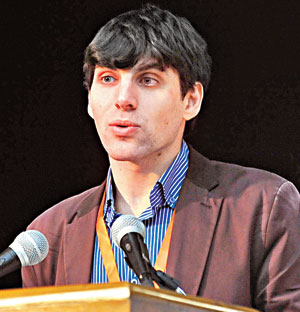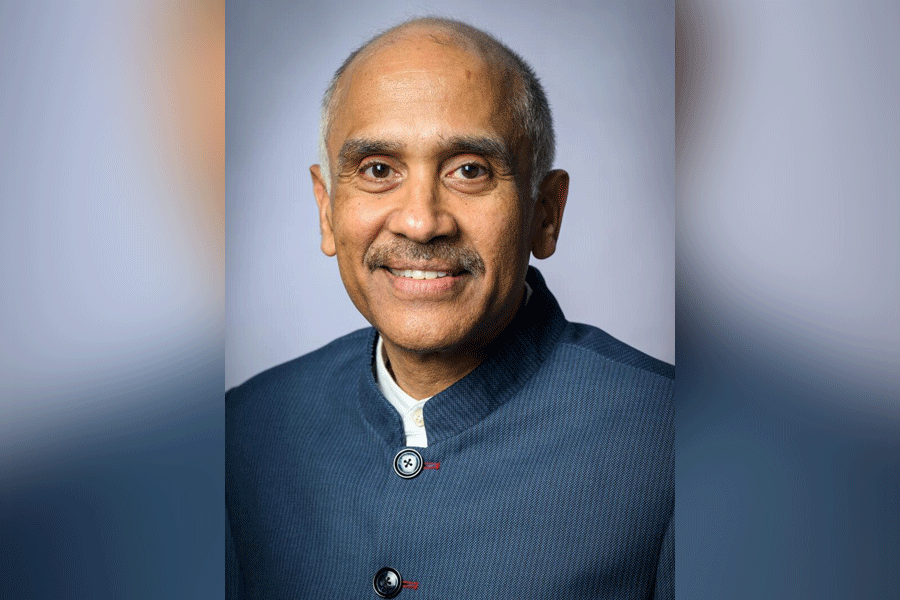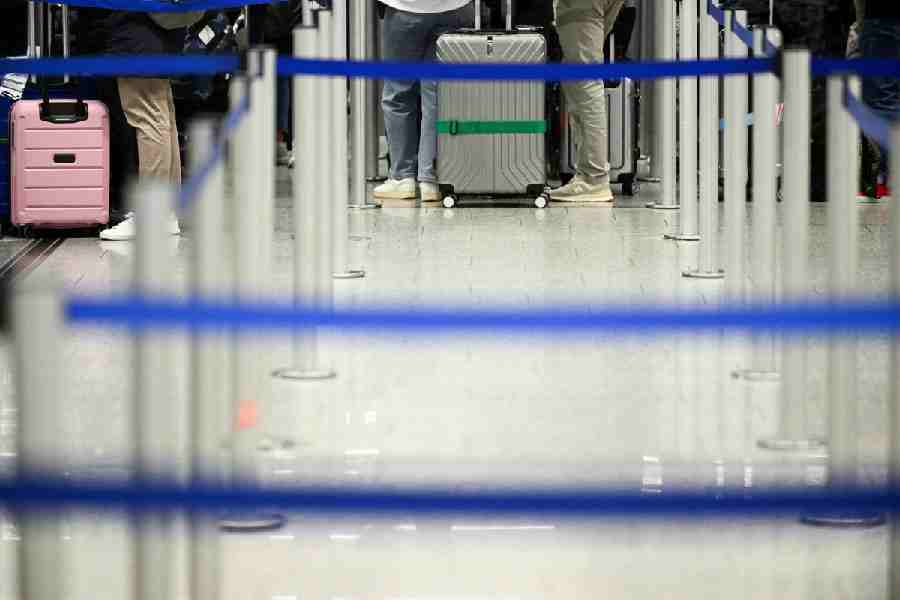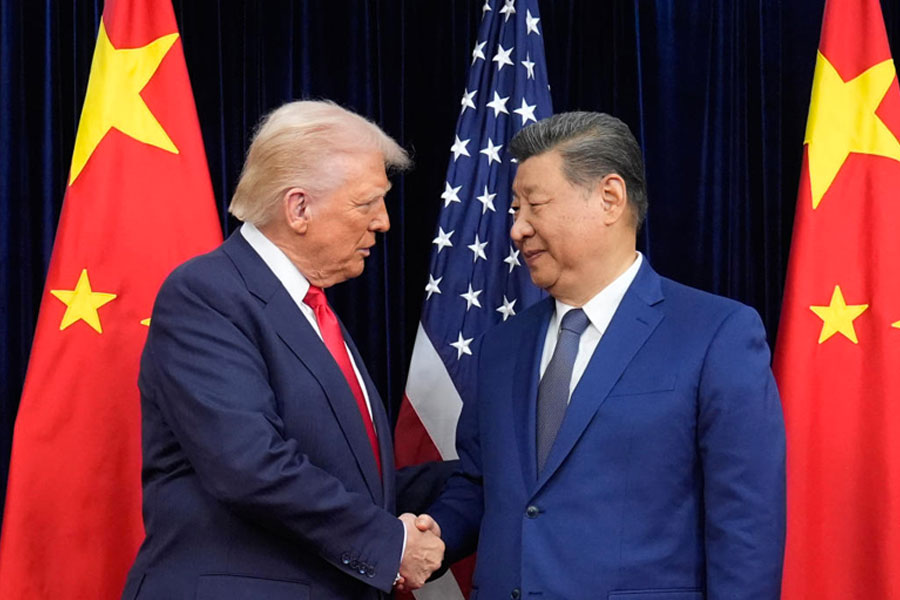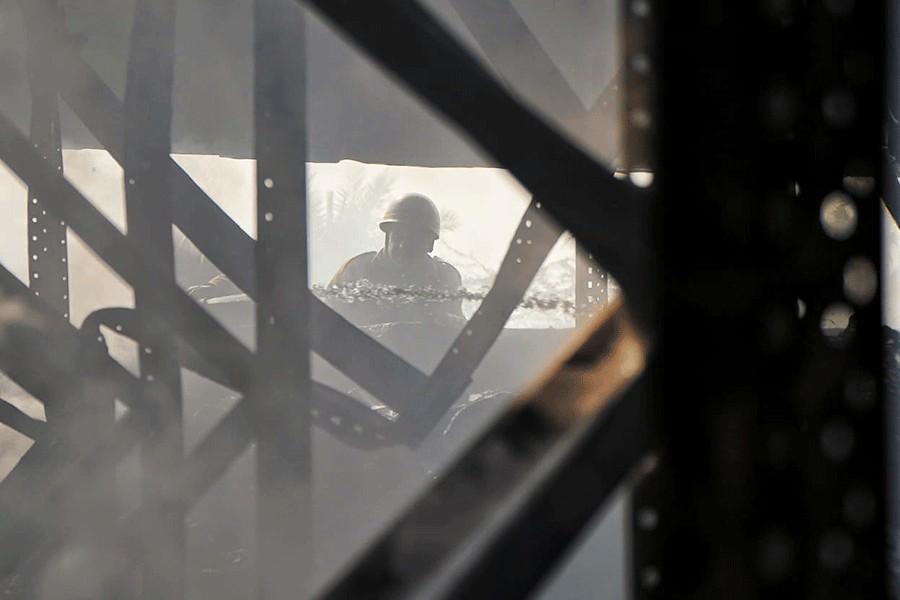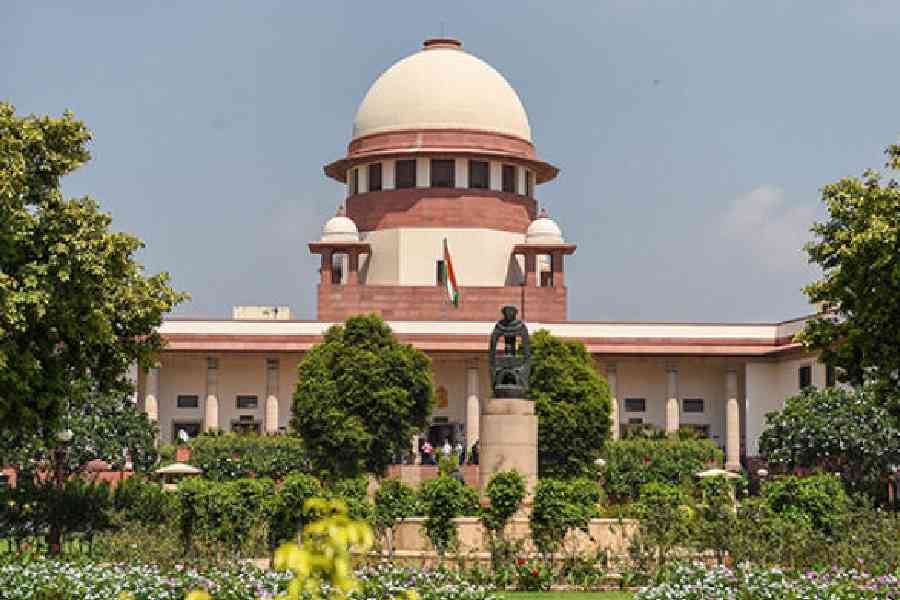On December 9, students and alumni of Presidency University took on professional debaters from Debating London, a London-based group dedicated to encouraging and teaching debating amongst young people, in the Presidency University ‘200 Years Ahead’ Debate. The debate was a part of Calcutta’s Festival of Spoken Word 2016-2017, organised by Calcutta Debating Circle in association with The Telegraph. While Debating London spoke for the motion, arguing that present education systems do, indeed, impart knowledge without any thought to fostering imagination, Presidency argued that the knowledge imparted by education actually fuels the imagination inherent in us. The debate was moderated by CDC founding trustee Pradeep Gooptu.
MOTION: EDUCATION IMPARTS KNOWLEDGE, NOT IMAGINATION
DEBATING LONDON: ANTONIS KOSTOUMBOS, CAMEO CHOQUER, ALEXANDRA SPENCER, IAN DUVEEN
VS
PRESIDENCY UNIVERSITY: TANIYA BHARDWAJ, WALED AADNAN, KASHYAP HARLALKA, MOYUREE MUKHERJEE
Verdict: The motion was defeated, Presidency won
Antonis Koustombous (Founder and director of the Great Debaters Club, London)

There is a consensus across the world at the moment that the best way to educate the future leaders of tomorrow is by drilling them with tests, by requiring them to constantly learn and recall new types of information focused on skills purely related to knowledge. Imagine that you are in charge of creating an education policy for your country. First you look for the purpose that you want the system to achieve. For a few countries, that purpose is simply preparing the young people who go through that system for the future. And what is the future? A world that does not exist yet but, especially at these times, will look dramatically different, from today’s world.
Taniya Bhardwaj (Political science graduate from Presidency University)

Education does fuel imagination. It provides the perfect muse, the inspiration for imagination. Knowledge is what we know and it is based on what we know that we imagine. Knowledge and imagination are synonymous. They coexist and they are codependent. Knowledge exists in the public sphere, while imagination is private. Imagination is reproduced in the community in the form of knowledge. Knowledge helps us take a step within what we know and imagination helps us take a step beyond what we know.
Cameo Choquer (Trainer for the National Charity for Homeless People, ‘Crisis UK’)

The best education systems in the world are the ones that focus on many, not just one. But these are the exceptions to the rule. Education systems in Hong Kong, Canada and Singapore use practical and experimental learning, they introduced courses like philosophy, ethics and entrepreneurship. They focus on courses that will benefit students outside the classroom. Systems like these need a democratic approach to creating it. Another marker for such a system is placing a higher value on teachers. This means paying them more, giving them more autonomy in classrooms and providing better training.
Waled Aadnan (Postgraduate in economics, Presidency University)

We don’t believe that imagination is something that is imparted only by education. It is inherent in us. Education expands the horizon of what we can imagine. What is imagination and what is education apart from the search for answers that are not part of established knowledge today? What does education do apart from making us question that what we believe to be general knowledge today may not be the correct answer? It lets us imagine an alternative future where the answers might be wrong.
Alexandra Spencer (Works with UK’s leading professional association for the life sciences)

Balance of knowledge and imagination is absolutely vital to prepare future leaders of this world, a world that they cannot yet imagine. The knowledge that we give students now doesn’t equip them for that future world, doesn’t give them the imagination that they need to solve those problems for that future. Focusing on just imagination is not a luxury. A study by IBM that polled over 60 CEOs from various countries over 33 industries showed that the key skills those CEOs were looking for among the students who come in are creativity and imagination because they could imagine a world that doesn’t exist.
Kashyap Harlalka (Third-year student of economics, Presidency University)

Education is not just restricted to the formal setting of a classroom of a school or a university but extends well beyond that into each and every experience that you have. Education exposes you to knowledge and very silently gives you the tools of imagination that you need. One day someone had the idea of building a computer, but it was the imagination of all others that turned the desktop into a laptop, a smart phone and a tablet. And all these imagined things were facilitated by the education that they got and the knowledge that they had.
Ian Duveen (An Oxford University graduate who works with the National Rail in the UK)

Sometimes knowledge and the way subjects are taught can be an impediment to imagination because the way things are taught, perhaps the rote learning style, perhaps learning traditional subjects that are all about absorbing fact, impede imagination rather than foster it. I used to be a teacher in England for about three years. During that time there was a massive focus on literacy and numeracy and reading and writing and any subject that deviated from that was not given half the priority. When those students went home and they imagined different things, of new worlds, they were doing so not because of the education they have received but despite it.
Moyuree Mukherjee (Second-year student of life sciences at Presidency University)

Imagination is the bedrock of education. When Jagadish Chandra Bose was conducting his experiments in botany, it was imagination that fuelled the questions. When you study anatomy and physiology you are educated, but when you are practising medicine it is your imagination that helps you. You can learn a language or grammar, but writing poetry is imagination. Imagination lets you envision possibilities, it shows you realities whether through a system or not. We believe that it is so intrinsically linked with knowledge that when you are imparting knowledge, you are imparting imagination as well. I believe that the end goal of education is imagination.

It’s been a wonderful association with the Calcutta Debating Circle for the last two years. Our students have done brilliantly and CDC did me a great favour by putting me in one of the teams last year and made sure that my students defeated me. We are celebrating our bicentenary. It is something that doesn’t happen very often and it is a landmark moment in the nation’s history. We will be looking back at the journey and looking ahead at the next 200 years — Anuradha Lohia, vice-chancellor of Presidency University

